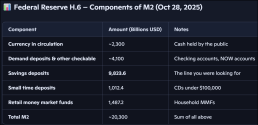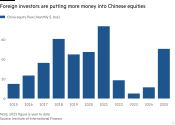This paper is the first comprehensive analysis of the secured lending practices of Chinese creditors in emerging market and developing economies (EMDEs). We present a new dataset and detailed case studies of collateralized public and publicly guaranteed (PPG) loans from Chinese state-owned institutions in EMDEs between 2000 and 2021. Almost half of China’s total PPG loan portfolio in EMDEs is effectively collateralized—amounting to $420 billion in collateralized debt across 57 countries. We document that Chinese lenders use techniques adapted from export and project finance to build multi-layered legal safety nets, which help ensure that risky EMDE loans will be repaid. As security, they use liquid, easily accessible assets, such as cash in bank accounts located in China. They rarely take infrastructure project assets as collateral, but often rely for repayment on established commodity revenue streams unrelated to the project.
Typically, EMDE governments and state-owned enterprises commit to route foreign currency proceeds from commodity sales through bank accounts controlled by the lender. The cash balances in these accounts can be very large; in low-income, commodity-exporting countries, they average more than 20 percent of annual PPG debt service to all external creditors. The same revenue source can secure multiple successive borrowings over many years. Our findings reveal a previously undocumented pattern of revenue ring-fencing, where a significant share of commodity export receipts never reaches the exporting countries. Revenues routed overseas secure priority repayment for the creditor; they remain out of public sight and largely beyond the borrower’s reach until the secured debts are repaid. These findings raise new concerns about debt transparency, fiscal management, fiscal autonomy, and the quality of macroeconomic surveillance, particularly in commodity-exporting EMDEs.


